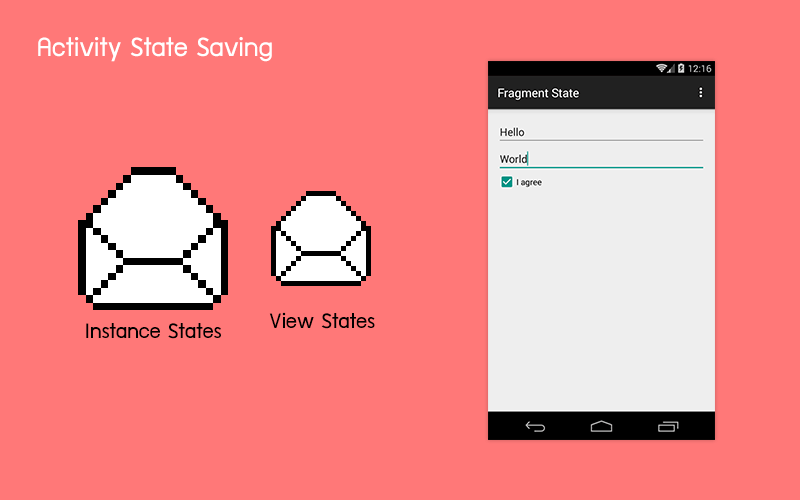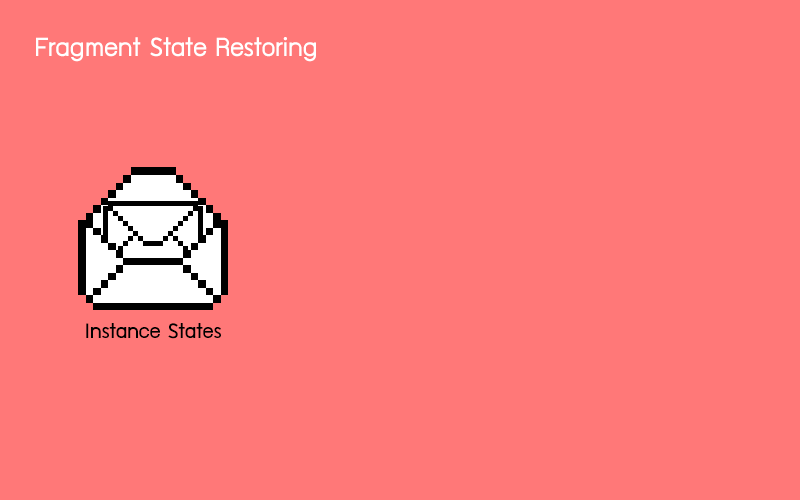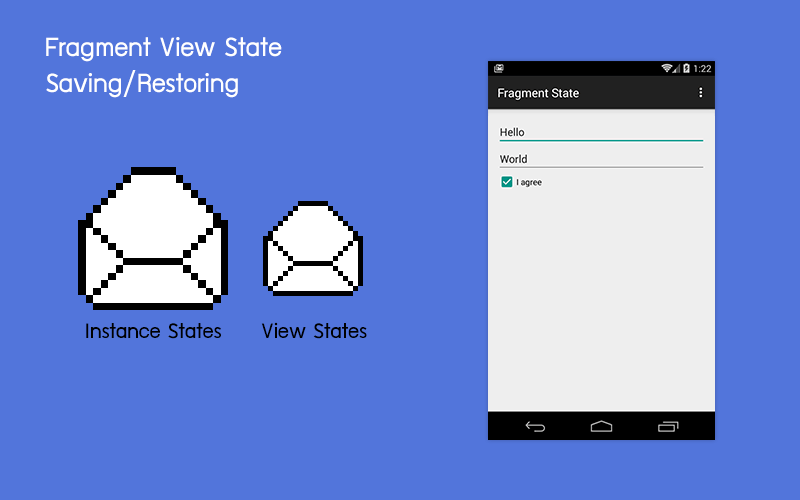


Day20
Time : January 21th,2016 / Author : xiaomeixw
library
1.UI:
smoothie --- (From lucasr) : Easy async loading for Android's ListView/GridView. [简单方便的异步处理ListView/GridView].

SuperToasts --- (From JohnPersano) : A library that extends the Android toast framework. [自定义Toast显示].
android-Ultra-Pull-To-Refresh --- (From liaohuqiu) : Ultra Pull to Refresh for Android. Support all the views. [下拉刷新上拉加载].
Euclid --- (From Yalantis) : User Profile Interface Animation. [列表向详情过度动画].
GridPasswordView --- (From Jungerr) : An android password view that looks like the pay password view in wechat app and alipay app. [支付时密码框].
2.Logic:
DownloadProvider --- (From yxl & Tag is Download) : Porting Android DownloadProvider,modified the original code to let it work without root permission. [DownloadProvider向下兼容并无需权限].
StatedFragment --- (From nuuneoi & Tag is Fragment’s state) : Provides a functionality to retrieve onActivityResult in nested fragment. [各种情况下Fragment数据保持的库].

3.Architecture:
QuickAndroid --- (From alafighting) : A small android Architecture [一个快速、完善的Android开发框架整合实践].

KJFrameForAndroid --- (From kymjs) : An Android library and includes ActivityFrame, KJHttp, KJBitmap, KJDataBase. KJFrameForAndroid is designed to wrap complexity of the Android native SDK and keep things simple. [一个快速Android开发框架].

App-Demo
android-cube-app --- (From liaohuqiu http://cube-sdk.liaohuqiu.net/. [一个APP开发参考].
Check the Source in Github.Want to know more about the App-Demo see cube-sdk
the app-demo with these open source projects
- support-v4
- clog
- cube-sdk
- ultra-pull-to-refresh
- eventbus
resource
RemindInAndroid --- (From xiaofans A Developer from China) : RemindInAndroid Write To Remember. [记录android点滴].

article
The Real Best Practices to Save/Restore Activity's and Fragment's state. (StatedFragment is now deprecated) --- (From Author [nuuneoi) blog http://inthecheesefactory.com/) --- [Source in Github]
Months ago I published an article related to Fragment State saving & restoring, Probably be the best way (?) to save/restore Android Fragment’s state so far. A lot of valuable feedback are received from Android developers all over the world. Thanks a ton to you all =) Anyway StatedFragment causes a pattern breaking since it was designed to do the different way as Android is designed with an assumption that it might be easier for Android developer to understand Fragment's state saving/restoring if it acts just like Activity does (View's state and Instance state are handled at the same time). So I did an experiment by developed StatedFragment and see how is it going. Is it easier to understand? Is its pattern is more developer-friendly? Right now, after 2 months of experiment, I think I got a result already. Although StatedFragment is a little bit easier to understand but it also comes with a pretty big problem. It breaks a pattern design of Android's View architecture. So I think it may causes a long time problem which is totally not good. Actually I also feel weird with my codes myself already... With this reason, I decide to mark StatedFragment as deprecated from now on. And as an apology for the mistake, I wrote this blog to show the real best practices visually how to save and restore Fragment's state in the way Android is designed.



website
https://qiita.com/ : Qiita is a technical knowledge sharing and collaboration platform for programmers. [日本知名android开发论坛].


